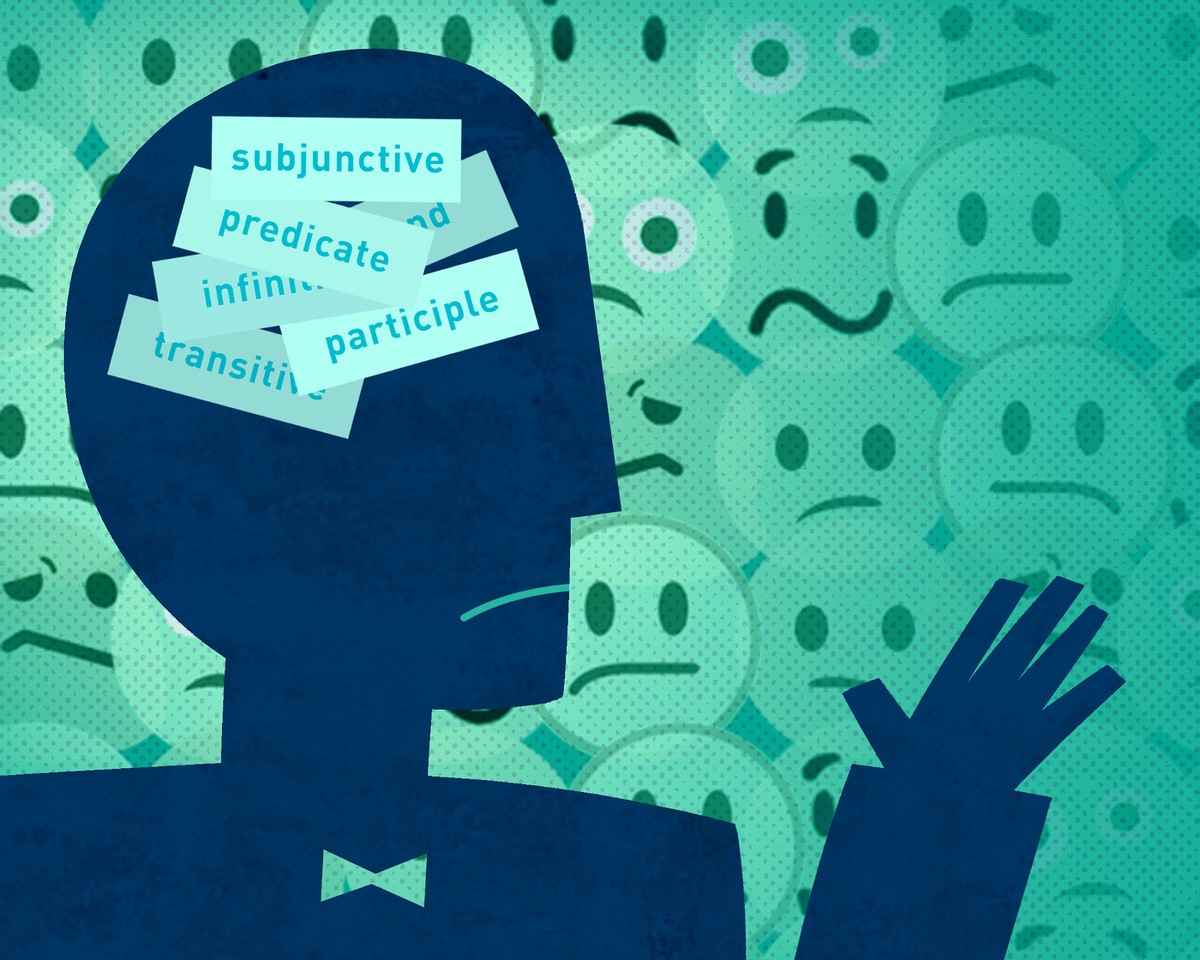
It’s said that today communication through instant messaging is surpassing other ways to communicate. People are used to sending emojis instead of complete sentences and recording voice messages instead of sending emails. Some consider this situation truly dangerous and assume that instant messaging will lead to the death of grammar and spelling rules at some point. Even though those fears are understandable in general, I can’t agree with this idea. I don’t think we’ll lose our ability to communicate properly just because developing technologies let us send emojis instead of words.
We certainly can do without proper grammar and spelling on the whole. Now that we have Snapchat, Telegram and Instagram, why should we bother ourselves with what’s happening with a language? Just look at modern teenagers who practically live on their phones, ignoring reality and spending all their time online. I have two 12-year-old nieces who live in different countries and don’t know each other; nevertheless, both of them do the same thing at the same time, namely stick to the screens of their smartphones, watching videos, recording voice messages, taking selfies, and doing whatever else they might think of. It seems to me that if their parents just let them, these girls would spend all their time with phones, and I hope that the situation won’t get to this point one day.
That said, I still don’t think we should panic and take away phones from children and adults in order to defend proper grammar and spelling. First of all, it’s cruel. Secondly, it sounds unrealistic; I won’t give you my phone, for example. So, what should be done? What will help us to preserve correct grammar and spelling in the chaos and craziness of online chats, bots, and apps that are presumably destroying our languages right now? Well, I think we have to put the matter in perspective.
At the very heart of any educational system are universities and colleges which are meant to be temples of knowledge and wisdom. It seems to me that professors and lecturers won't let education fall to its lowest level. It's true that education is a worthwhile opportunity to enlighten one’s mind. That being said, in order to get a degree, one has to go through various exams and assessments, among which are making calculations, writing essays, and so on. To put it simply, the very concept of education implies willingness to solve tasks, obey restrictions and study rules whether it's laws of math or laws of grammar. With these kinds of restrictions and goals, we’ll lose proper grammar and spelling only when we lose our education.
A second large group of people who won’t let grammar and spelling die are language learners. There’s no shortage of people who are deeply interested in learning languages, correct writing and spelling are usually among their goals. If so many of us desire to be fluent in foreign languages, how can we lose them? Indeed, that doesn’t mean that we can always produce foreign writing and speech correctly. However, the desire to learn in itself protects us from the danger of ignorance. Additionally, some language learners begin with learning the basics, which means they pick up slang and acronyms much later, if they do this at all. I still can’t pick up idioms, not because I don’t like them but because I don’t need them as much as grammar.
The third category of people who guarantee that proper grammar and spelling won’t fade away down the road is writers and readers. There will always be people who value literature, choosing novels over dms and old-fashioned essays over apps. Whether old literature, modern fiction, or even dictionaries, this layer of culture practically guarantees the preservation of proper grammar. On the flip side, there are also writers who like to experiment with the language, writing without punctuation or compiling books from online chats. However, by and large, they represent only a minority of writers. In general, people write according to recognized standards of grammar and punctuation.
As a result, I don’t think we have to worry that grammar will disappear at some point, leaving us exposed to incomprehensible acronyms and sequences of emojis. Even though today we're using short messages, we still have to write formal emails to our bosses, communicate with our children’s teachers and speak clearly with our friends. You can say to your friend who’s chilling at your house, “LOL, have you seen this girl aka Ellen? Omg, she’s hot AF, fucking dope.” But in general, I think it's unlikely that this kind of communication will become commonplace in the future. Even though we have room for simplified language in our culture today, it doesn’t mean that this kind of language will absorb all others.